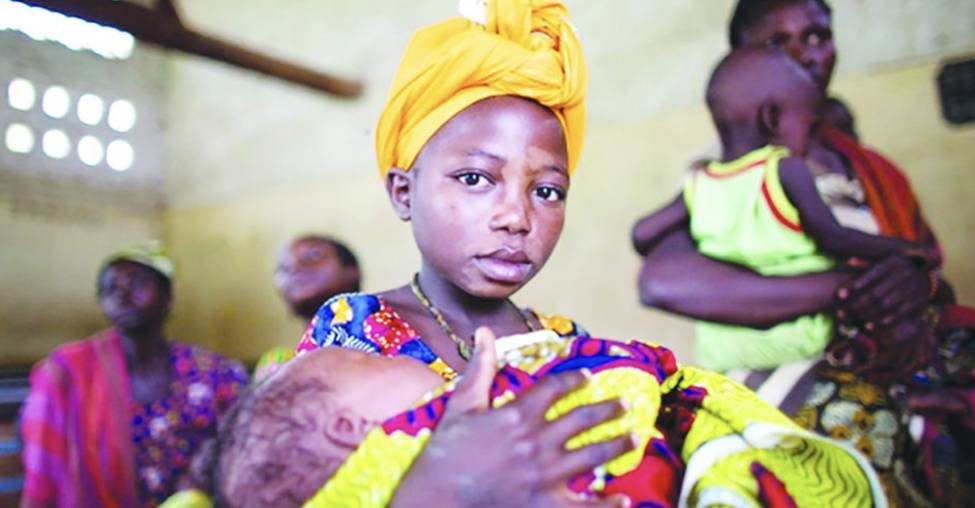Picture being 12 years old and instead of worrying about school exams, you’re being told you’ll become someone’s wife. That’s the reality for millions of girls across Africa, where child marriage continues to rob children of their futures. According to UNICEF, more than 120 million African girls were married before the age of 18, with countries like Niger reporting rates as high as 76% (UNICEF, 2023). These aren’t just numbers,they’re stolen childhoods, cut short dreams, and futures rewritten before they even begin.
The harmful effects of child marriage run deep. Girls who marry young are more likely to drop out of school, face health risks from early pregnancies, and experience domestic violence at higher rates (Girls Not Brides, 2024). It’s not only about education, it’s about survival. In fact, pregnancy complications are one of the leading causes of death for girls aged 15–19 worldwide (World Health Organization, 2021). When a girl is forced into marriage, she loses her right to choose, to learn, and to grow into her own person.
So why does this crisis continue? Poverty is one major factor. Families struggling to survive may view marriage as a way to reduce financial burdens. Cultural traditions and gender inequality also fuel the cycle, where girls are seen as dependents rather than future leaders. Weak enforcement of laws against child marriage leaves many girls unprotected, even when legal minimum ages exist (UNICEF, 2022). It’s a web of inequality that keeps repeating generation after generation.
But solutions exist—and they’re working where communities are willing to change. Programs that keep girls in school, provide financial support to families, and empower women to lead conversations about cultural norms have made real progress. In Ethiopia, for example, government partnerships with grassroots organizations reduced child marriage rates by offering scholarships and raising awareness in rural villages (Girls Not Brides, 2024). When education is prioritized, the cycle can be broken.
This matters far beyond Africa. Child marriage is a global issue, it exists in South Asia, Latin America, and even in parts of the United States. It reminds us that empowerment isn’t just a buzzword; it’s a fight for the right to choose our futures. Every girl deserves the chance to dream, study, and grow without being forced into adulthood too soon. Ending child marriage isn’t just about saving girls from harm, it’s about unlocking the potential of millions who could change the world if only given the chance.

